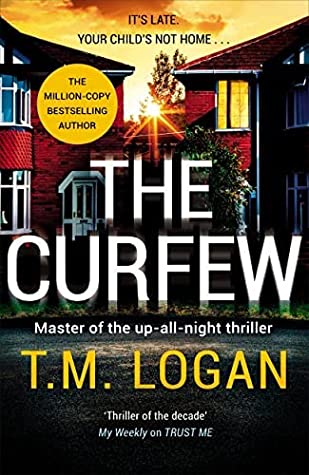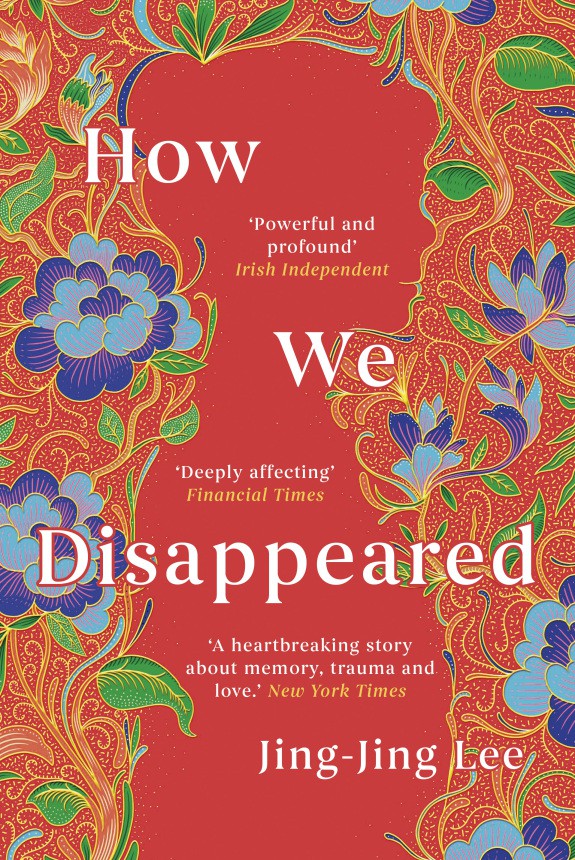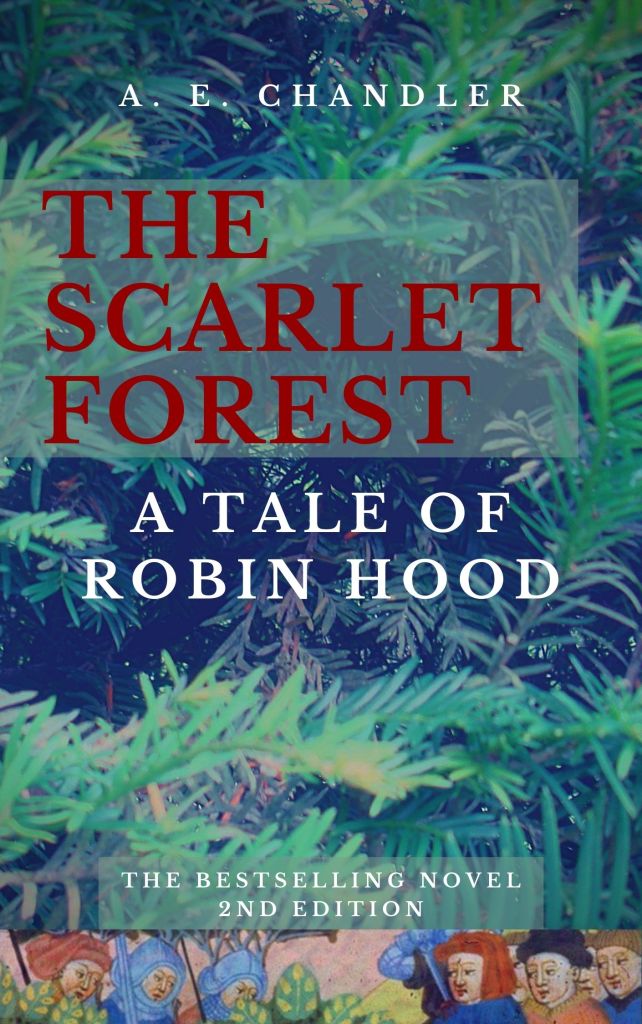
Today’s post is by writer, podcaster and editor Wayne Jones.
Scholars generally have two very different venues in which to publish their work, and hence two different audiences as well. The main one is the academic journal, where they are generally talking to and writing for other scholars in their discipline. The other is popular media like the magazines, blogs, podcasts, and many other places where they are talking to the general public. It’s common, for example, for a scholar to be a guest on a news show in order to provide informed background for whatever crisis, war, or calamity we humans have gotten ourselves into now. Or they might write an opinion piece for a well-known newspaper or news source, or be interviewed at length by a podcast host, or even have their own Substack site.
In these popular sources, the best scholars are well aware of the audience and know they have to “translate” into standard English the often arcane jargon that their peers would have no difficulty understanding. But they don’t all succeed. We saw lots of examples of that during the pandemic. Some would talk about viral shedding and leave the reader or listener a bit perplexed, but some would just call it a sneeze.
Part of an editor’s job for a popular venue is to keep the scholar on the vernacular track. That doesn’t mean they have to dumb down what they are writing. Quite the contrary, actually. Working with their editor, they have to make sure that the complexity of what they are talking about is intelligently and clearly conveyed. The editor’s work here doesn’t differ a lot from what it would be when editing any prose piece. Make it clear. Make sure it flows well. Use the right, precise words. And make sure the reader benefits from the writer’s expertise without being distracted by jargon, over-long sentences, and other things that might make them click on something else that appears more comprehensible.
In academic journals, though, scholars are in their natural habitat, and the editor’s challenge is more difficult. I do copy editing and proofreading of academic articles in subjects that I have varying degrees of knowledge in—a lot in some cases, little to none in others—but, in any case, where I am not even close to being an authority: theology, American history, queer studies, feminist literary criticism, cinema, criminal justice, and many more, depending on which issue of which journal I’ve been assigned by the university press. I’m not an interloper. The editors at the press know that they can’t expect their freelancers to be scholars or even experts. But what an academic editor does bring is a knowledge of words and tone and style—what we call writing.
Some of the terms a scholar uses may look deceptively and exactly like those same words in standard English, but they have very specific meanings in the particular discipline. Bad faith, for example, is something that most of us understand in general parlance, and even in collective bargaining, but if the article is about Sartrean existentialist philosophy, then it means a very specific thing. If you believe the article has had too many instances of bad faith, and perhaps dishonesty or insincerity might be worthy alternates, then you’d be making a bad mistake that the scholar would point out to you during one or other stage of the editing process. (As the Oxford English Dictionary puts it, for Sartre bad faith is “self-deception practised in order to avoid absolute responsibility for one’s own actions.”)
Perhaps writing style is an even more difficult aspect of academic writing for an editor to navigate and negotiate. I have read and edited some truly beautifully written articles on subjects I had little familiarity with but which I ended up learning a thing or two about. I’ve also edited articles that I found nearly impenetrable, where the combination of professional jargon, a sesquipedalian style, and a tendency to long, winding sentences compelled me to examine each sentence, read and re-read, until I finally gleaned what I thought was the meaning. Sometimes I had to query the author or do some additional research to figure out what they were talking about.
There are two aspects to this latter style. One is numerous very long sentences. Writers of popular nonfiction, and certainly writers of fiction, are routinely told about the importance of variation in the length of their sentences. It’s not just to follow some silly rule—longer or shorter sentences can not only passively affect the readability and the resultant pleasure that the reader derives, but the more clever writers are also keenly aware of the effects that varying sentence length can confer. Some scholars are not aware of this. So their tendency is often to pack as much of their thought as possible into a single sentence, with commas and semi-colons doing their damnedest to hold the thing together in some semblance of understandability. I often have to go back and confirm that I did, in fact, see a verb in there somewhere.
The second aspect is use of jargon and fancy words that are not discipline-specific. These not only interfere with comprehension, but they also lengthen sentences unnecessarily, and worst of all they have that stench of modern cliché about them. An issue is seen through the lens of something. A narrative is a diegesis. Different aspects of a topic are competing registers. And so on. However, these are not errors and are likely to be perfectly well understood by the other scholars with whom the writing scholar is communicating.
The academic editor has a delicate task here. The audience won’t, as it were, blink an eye at differences lenses. The registers won’t for a second be read in the retail sense, where perhaps the new cashier is trying their best to keep up with the seasoned veteran. If I am copy editing, I usually intervene or make a comment in a few situations. One is when the use of jargon is too frequent. They are easily eliminated or substituted with standard English. The other is when the jargon results in a mixed metaphor. For example: “While other scholars have noted the variety of Joyce’s symbolic imagery in this chapter, I see it through a more concrete lens which compacts the pictures into a single package.” That kind of thing.
Academic editors may also help with structural editing, which is rare in my experience, but I don’t hesitate to do it in some cases. The need is often obvious and the fix is often easy. For example, the flow of the article might make more intuitive sense and serve the reader better if, say, topic A were covered at the beginning because topic B later on depends on a knowledge of A.
Finally, academic editors help with documentation and citation. I can say categorically that I have never edited an academic piece in which I have not made one, and more often many, changes to the endnotes/footnotes and to the format of the works cited section or bibliography. I have empathy for the scholar here. It’s enough that they have to know everything about eschatology, and so I understand why they can usually only do their basic best in implementing the journal’s style guide and especially the often giant-sized style manual on which it is based. That’s an editor’s job and I’m okay with that.

Wayne Jones is a writer, freelance editor, and podcaster in St. John’s, Newfoundland, Canada. He has indie-published two biographies (the latest, My Sam Johnson, in September 2023), a mystery novel called The Killing Type, and a memoir of the relationship between minimalism and emotions called Less and Less. He hosts the podcast Newfoundland Boy, about the Canadian province he was born in but only returned to last year, after a thirty-plus-year career as an academic librarian in both Canada and the US. You can find him at WayneJones.ca.






